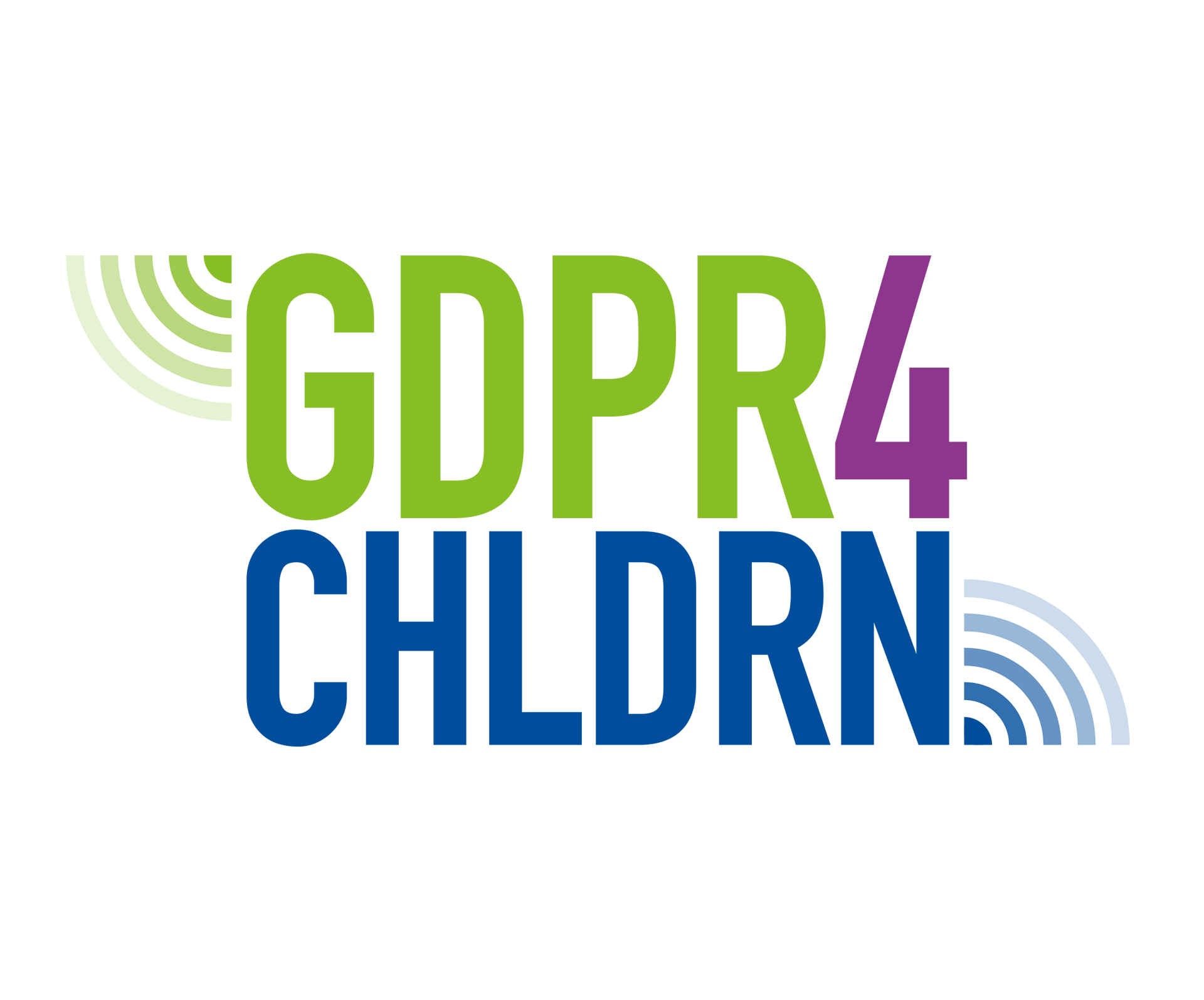2.1 Legal bases for processing personal data
Personal data can be processed lawfully on the following bases:
a. Consent of the data subject
A person can give their consent to the processing of their personal data for a specific purpose. Consent can be given in writing, verbally, or by another clear and affirmative act, such as ticking a box on a website. Withdrawing consent must be as easy as giving it. Read more about consent in the next section.
b. Agreement
When the data subject is a party to an agreement, their personal data may be processed for the performance of the agreement. For example, if someone orders a supporter shirt from a sports club, the club is allowed to process their address information to deliver the order. It is important to define the precise contents and purpose of the agreement because the assessment of the necessity of processing will be based on them. Only necessary personal data may be processed.
c. Compliance with the controller’s legal obligation
Compliance with the controller’s legal obligations may require the controller to process personal data. Controllers operating in both the private and public sectors can be subject to legal obligations, which can only be based on EU law or national legislation.
d. Safeguarding the vital interests of the data subject or another person
The processing of personal data is allowed when it is necessary to safeguard the vital interests of the data subject or another person. This processing basis is suitable in situations concerning life and death or threats that could result in injury to a person or otherwise be detrimental to health. The processing of personal data can serve a vital interest in a humanitarian crisis, such as during a natural disaster or epidemic. In such circumstances, processing could be required to track the spread of the epidemic, for example.
e. Performance of a task carried out in the public interest or the exercise of official authority vested in the controller
Personal data may be processed when required by the public interest or the exercise of the official authority vested in the controller. This can serve as a processing basis in both the private and public sectors when the public interest of the EU or the State is at stake or official authority is being exercised. The task in the public interest or official authority must have been vested in the controller by law or other legal provisions. For example, processing personal data for scientific or historical research or for the compilation of statistics can constitute processing in the public interest.
f. Legitimate interest
The processing of personal data is allowed when it is carried out for the legitimate interest of the controller or a third party. A ‘balance test’ can be conducted to determine whether an interest is legitimate. In the test, the interest of the controller or third party is balanced against the data subject’s interests and fundamental rights. For example, the controller may have a legitimate interest for processing when the data subject is the controller’s customer or subordinate.


